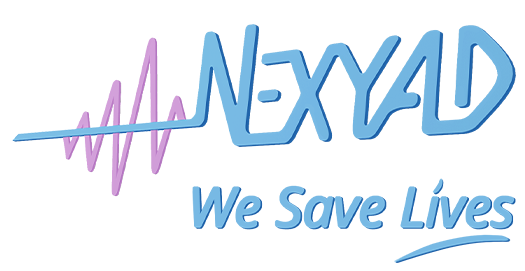Proceedings of the 2014 CESA
General Information
Nexyad was at the CESA Congress (organized by sia) on 3 and 4 December 2014.
Our presence was at three levels:
. Participation in the round table on the development of ADAS
. Publication on a methodology for validating adas (ADAS validation)
. Presence on the booth ADAS Mov’eo Group
The congres was full of contributions, and main important points we noticed are:
. Emergence of new business models opportunities for high-tech SMEs technology in the world of ADAS
. Strong awareness of the need for ADAS test and validation methodology
. Emergence of highly structured sensors strategies for classifying
ADAS in terms of features, cost, operating range, robustness, …
. Round table
Participants in the roundtable were:
. Maria Belen Aranda Colas, Robert Bosch
. Ching-Yao Chang, University of Berkeley
. Thierry Lehay, PSA Peugeot Citroën
. Patrice Reilhac Valeo
. Gabriel Toffolo, Renault
. Gérard Yahiaoui Nexyad
Questions focused on the need for standardization of HMI and on the need to create new job profiles and competences to effectively develop ADAS and autonomous vehicle, and also on the opportunity for SMEs to find new business models in this ADAS field. Also mentioned the need for standards methods and tools For ADAS validation. Nexyad exposed the opportunity for SMEs to use the nomadic systems of image acquisition, computing and storage (smart phones). these new devices make it possible for SMEs to imagine B2C applications.
. Publication of Nexyad
Nexyad presented the AGENDA methodology that was originally developed in the 90 to specify learning and test data bases for training and validation of artificial neural networks applications.
It appears that this methodology is completely adapted to the specification of ADAS validation
databases.
Nexyad is also currently integrating this methodology in an upcoming tool that will send host such a database and easily manage all crossings of road scenes variability factors (work in collaboration with the SMEs Intempora and Civitec).
During the same session other organizations (Daimler for instance) also presented very interesting for the validation of ADAS.
The proliferation of interesting ideas on this key issue is rather good news and suggests a significant advance in the near future.



